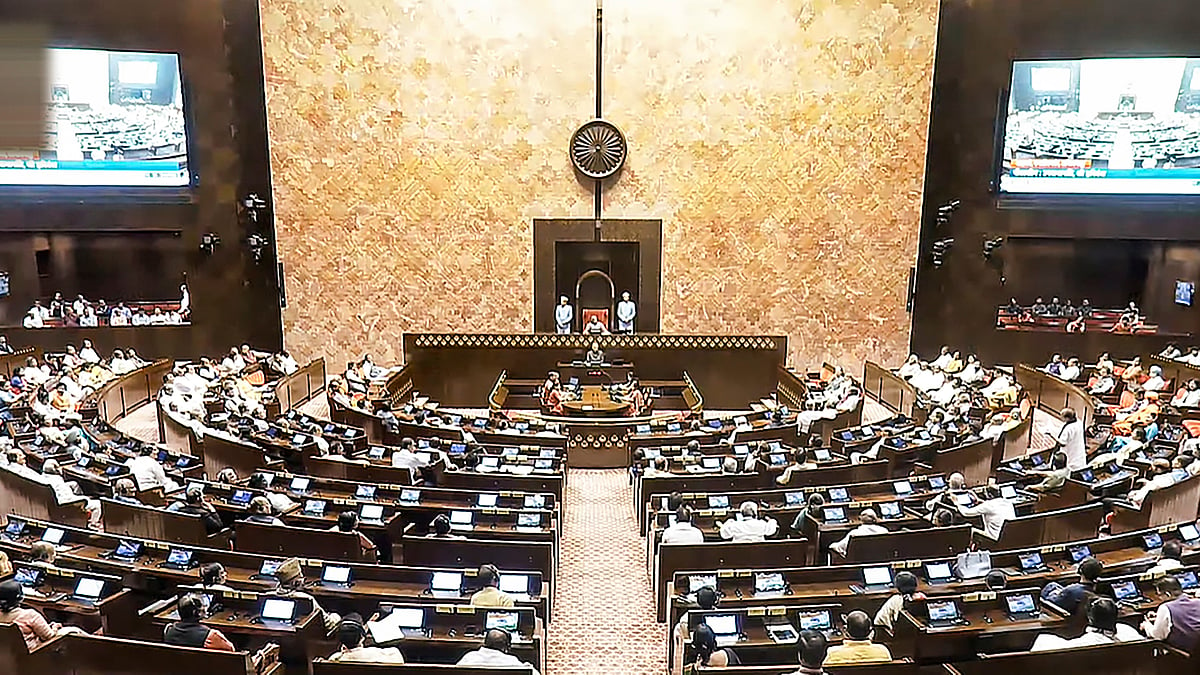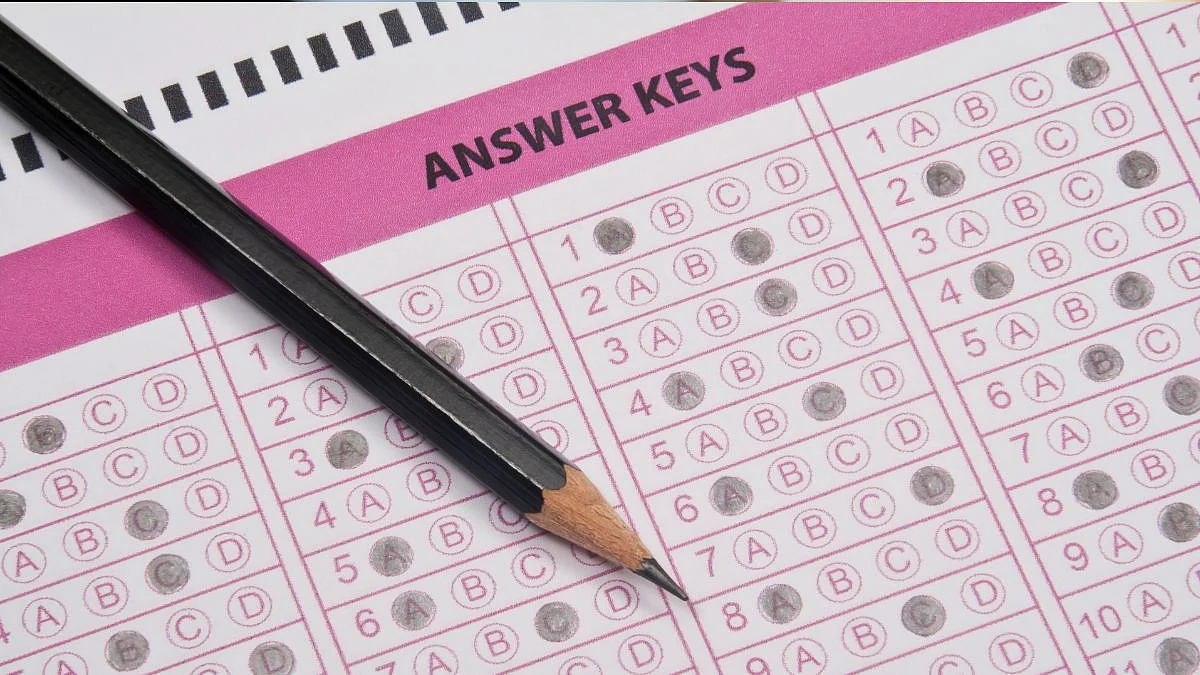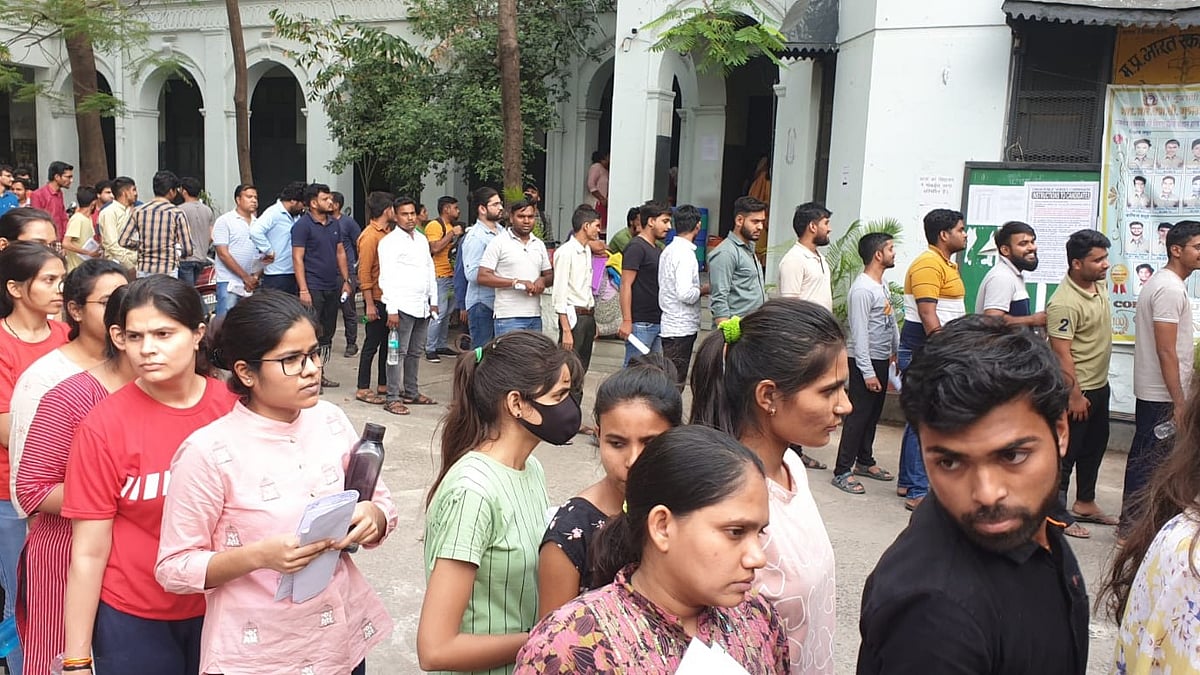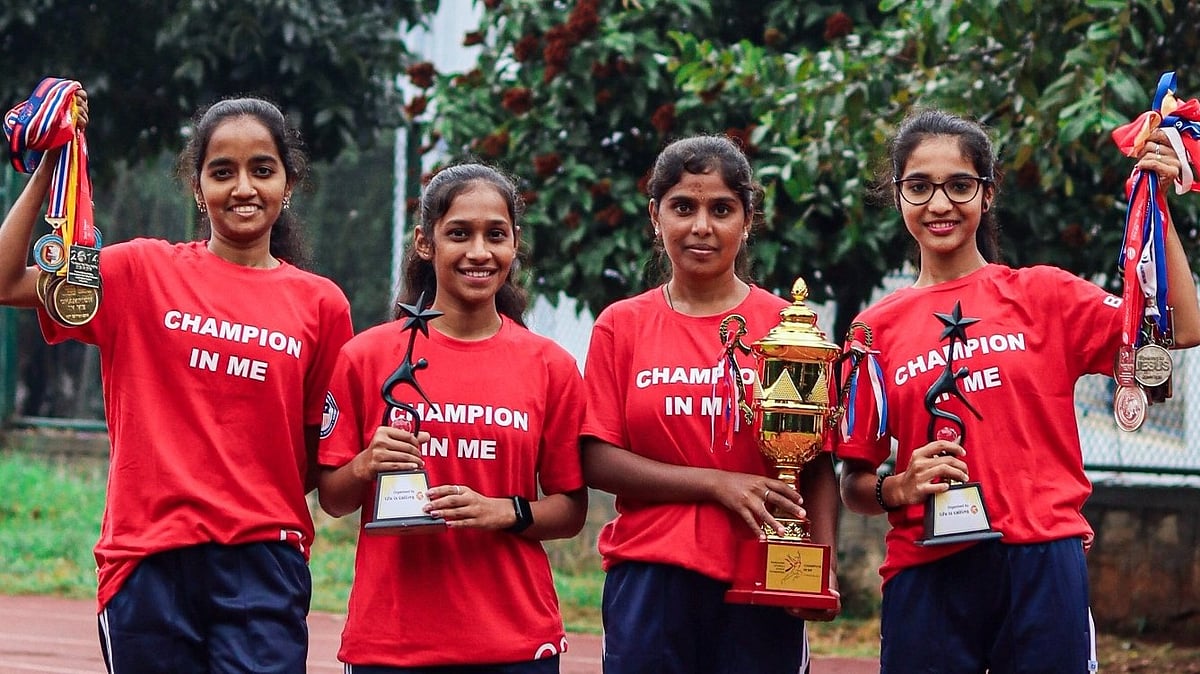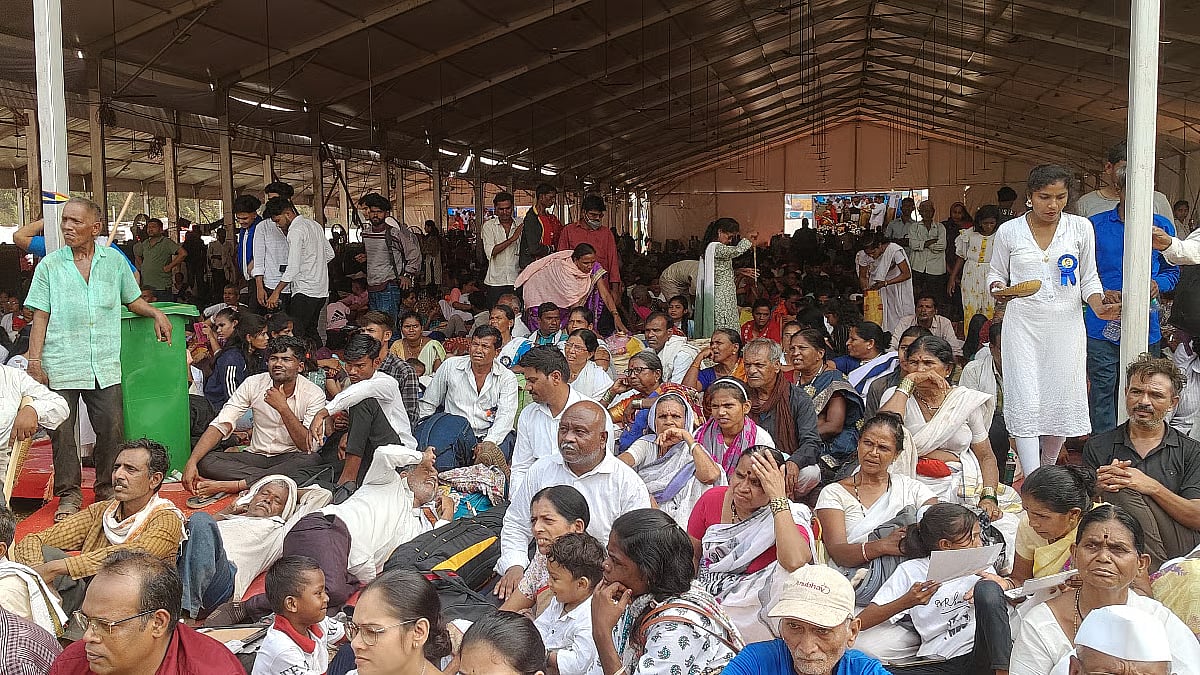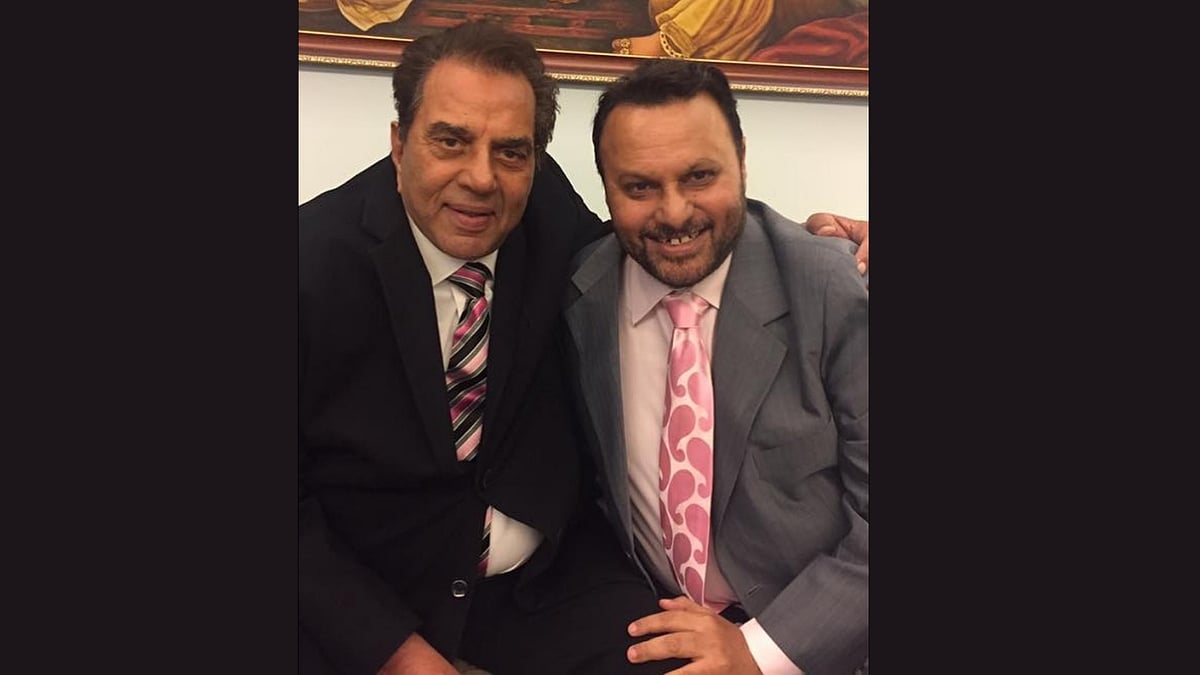When Gurugram-based Aftab Darogar, 41, applied for a higher post, he was not prepared for the response. “I am often asked how will I compete with a younger candidate who is more eager, energetic and committed, especially if the younger candidates happen to be unmarried and not having family responsibilities,” says Darogar.
Like Darogar, most of us have often been subjected to age-based prejudices. “There is a mindset that if you are older, you do not have the time, energy and commitment and this causes one to stagnate at a position,” he says.
On March 18, 2021, the World Health Organization (WHO) kicked off a global conversation by launching the first UN Global Report on Ageism. The report outlined the strategies to prevent and counter ageism, identified gaps and proposed lines of research to improve understanding of ageism.

Defining ageism
Most of us have been raised with the mindset “old is bad”. How many of us have the urge to lie about our age when working with a younger bunch of people? Age is one of the first things that we notice in people and ageism arises when one's age is used to categorise and divide people in ways that lead to harm, disadvantage and injustice.
Most of us are guilty of discriminating based on age. The thought usually crosses our mind “He/ she is too old for this work”.
According to WHO, ageism is how we think (stereotypes), feel (prejudice) and act (discrimination) towards others or ourselves based on age. It is quite prevalent against older and younger people and exists in our relationships and ourselves. It starts from childhood and affects us throughout our lives.
The effects
Ruhan Madni Naqash, co-founder and CMO, MyCaptain, who started his entrepreneurial journey at 19, has dealt with ageism against younger and older people in his workplace. “Ageism affects the productivity of team members because of tough dynamics and a dissonance among the same. It affects the mental health of both ends of the spectrum because no one is ready to budge,” says 26-year-old Naqash.
“Whenever I have faced such an issue, or anyone else in my team has, my advice is singular: Communicate. If the team member younger to you or older to you is a real team player, they wouldn’t mind a feedback. But if feedback results in further friction or prolonged friction as we call it in organisational dynamics, then maybe one of the team members need to figure out a path of correction — either culture-fit wise, or empathy wise," says Naqash.
Common factor
According to WHO, one in two people worldwide are ageist against older people and, in Europe, there is more ageism against younger than older people. A majority of us have faced it and ageism impacts us from childhood into older age, says Anita Joshi, senior manager, HR, with a leading knowledge management firm in Mumbai.
As an HR professional, she's heard employees sharing bitter experiences with her and the team more often than not. “It depends on how one handles it. If you get dejected by such comments (particularly at a younger age), going up the ladder will get difficult. Taking such comments into your stride while working towards acquiring the required knowledge is what helps in the long run."
The younger ones have access to knowledge, are tech-savvy but lack values while the older ones are loyal, resourceful, dependable, experienced but a few of them can be rigid and show no keenness for skill upgradation.
Rekha Rao, managing director at Zeno Group, says, “The young and old employees come with their own strengths and weakness, and together are an invaluable asset to the team. Combatting ageism calls for a greater balancing act on behalf of the organisation and employers so that the workforce is used to the best of its capabilities and issues of discrimination are nipped in the bud."
Handling it well
Ageism impacts one's physical and mental health and affects social well-being as well. But, the way one handle’s it makes all the difference. One can be pulled down by it or can beat all odds and rise.
In a professional setup, as Joshi says, “There have been cases of employees breaking down leading to self-doubt. We have also seen positive outcomes a colleague takes it up as a challenge to prove otherwise. The best way to handle such situations is constant counselling sessions (perhaps more pep talks). This largely works with younger audiences.”
New Delhi-based Sajal Mukherjee, a management consultant in a leading MNC, took ageism in his stride and did not allow it to hamper his professional goals at the workplace. “I am the least experienced person in the role in my organisation. Once I was offered the role of a principal success manager, I took this opportunity to take up one challenging account. I identified gaps, showed the right intent, gained customer trust and showed quick growth. Today the account is the largest in our north patch and established me as the right fit.”
It’s the same attitude which IT professional Suman Bhattacharya, 33, adopted being the youngest member of his team. “I had to keep reminding my business head that the senior leadership needs to be more empathetic towards the younger unit members,” he said.
When his business head tersely told him, “You are inexperienced and young so it is easy for you to say this”, Bhattacharya worked hard to prove him wrong. He moved up the ladder and has a bigger team to manage now.
“Sometimes proving expectations improves productivity, makes you creative and keeps you on your toes. And many times, unknowingly, this would open newer and better opportunity. It depends on how you face it,” he adds.

Way forward
When the team has a heady mix of young and old, frictions are inevitable because each of them has their experience and inexperience, says Rao. “Open communication and discussions can help iron out the differences and lead to a productive collaboration in time,” she adds.
Naqash couldn't agree more with her. Experience or inexperience (or not enough experience) are two ends of the spectrum. One aspires to give, and the other aspires to take and if this exchange is done in a positive and constructive manner, it could have amazing results.
“I love the inexperienced as much as I love the experienced in teams. This is primarily because the inexperienced is ready to venture into the unknown, whereas the experienced abhor from the same. There’s something that both ends of the spectrum have to take and making the team realise and acknowledge would be the only way to fight it,” says Naqash.

